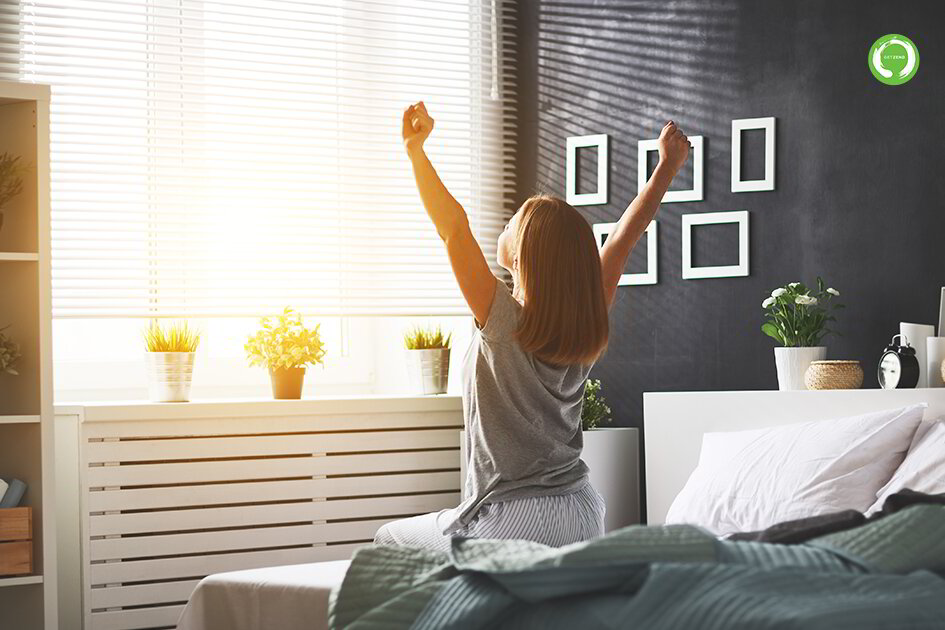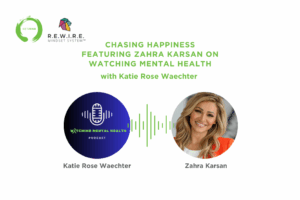Do you find it hard to relax at night? Do you have problems getting to sleep? Struggling with insomnia, a monkey mind, or vivid dreams? It can be difficult to get quality rest, whether you’re struggling with a significant life event or just dealing with your typical daily life stressors. We all need enough hours of quality sleep, though. Here are some tips for falling into a more restful sleep:
Unplug from the Day
Being in a constant state of stress and anxiety does not allow your body to relax. Muscle tension, difficulty falling asleep, and problems staying asleep are all side effects of stress. Taking a moment to unplug from your day and create some mental separation to quiet the mind can be very effective. To ease you into a relaxed state of mind, try some yoga stretching to calm the breath and release tension. Or try a guided sleep meditation or relaxing sleep music app to help you visualize yourself disconnecting from your day so that you can allow yourself to drift off to sleep.
Exercise
Being more active in your day can help you fall to sleep at night because exercise can wear out your muscles and release tension, which helps your body relax. But you don’t want to work out too hard right before bedtime, or you may become wired instead of relaxed! Experts recommend a walk or a workout several hours before bedtime so that you can unwind in time for a good night’s rest.
Avoid Stimulants
Your mind and body need time to unwind, so avoid stimulants such as caffeine, nicotine, and alcohol. Caffeine can create anxiety by stimulating your nervous system. Nicotine and alcohol also inhibit your sleep systems and make it harder to get to sleep.
Avoid Bright Lights
Your body associates light and darkness with day and night, so exposure to bright light in the evening can actually interfere with this process. Keep your bedroom as dark as possible so your sleep schedule is not disturbed.
Do Not Look At Screens
iPhone, iPad, and other screens all emit blue light, which can interfere with your body’s natural processes to help you fall asleep. Try keeping screens out of the bedroom or at least dimming them before you go to sleep.
Mindful Breathing
Deep breathing can relax your body and prepare you for a restful night’s sleep. Make sure to do some deep breathing exercises a few minutes before you try to fall asleep, and continue breathing deeply as you go to sleep. This will help stimulate your relaxation response, which can help calm your nervous system and allow you to fall into a restful sleep.
Create A Routine
Having a consistent routine before bed can help you fall asleep. If you are doing the same thing each night, your body and mind will know it is time to relax and prepare for a restful night’s sleep.
Wishing you a peaceful and calm night’s sleep…
Are you willing to learn more about the best relaxation app to sleep better? GetZENd is a versatile app that enables you to effectively manage your mind, energy and emotions — so you spend more of your time feeling relaxed, happy, and productive!










